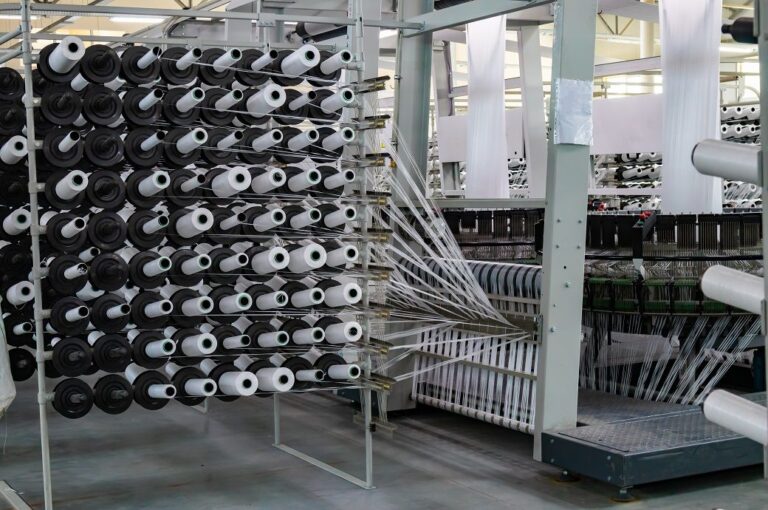
[ad_1]
Buyers in Ludhiana market are not keen on fresh buying, leading to stable cotton yarn prices amid weak sentiments. “The last fortnight of March typically remains weak due to buyers’ focus on annual reconciliation. This year, the global banking crisis has also added to the market’s woes, leading traders to prefer a wait-and-watch approach,” a trader from Ludhiana market told Fibre2Fashion.
In Ludhiana, 30 count cotton combed yarn was sold at ₹280-290 per kg (GST inclusive), while 20 and 25 count combed yarn were traded at ₹270-280 per kg and ₹275-285 per kg, respectively. Carded yarn of 30 count was noted at ₹260-270 per kg, as per Fibre2Fashion’s market insight tool TexPro.
North India’s cotton yarn trade is currently facing weak demand, compounded by the global banking crisis. Traders are hopeful for better demand in April, but buyers are not keen on fresh buying, leading to stable cotton yarn prices. North India’s cotton prices remained steady, and there was enough demand to consume available cotton, leading to stable prices.
In Delhi, cotton yarn was traded at previous price levels. A trader from Delhi market told F2F, “The buying is expected to remain weak until the end of March, with the market expected to see movement in the first week of April. If ICE cotton gains, it may also support cotton yarn next month.” In this market, 30 count combed yarn was traded at ₹285-290 per kg (GST extra), 40 count combed at ₹315-320 per kg, 30 count carded at ₹266-270 per kg, and 40 count carded at ₹295-300 per kg.
Panipat’s recycled yarn market also noted a downtrend, with weaker demand attributed to poor export orders. Buyers were purchasing yarn only for immediate demand, and most of the varieties and counts were traded at previous levels. A trade source from Panipat said that the downward trend might continue for a longer period. The market can expect betterment in July only when domestic festival demand will pick up.
As per TexPro, 10s recycled PC yarn (grey) was traded at ₹88-92 per kg (GST extra), 10s recycled PC yarn (black) was traded at ₹60-65 per kg, 20s recycled PC yarn (grey) at ₹100-105 per kg, and 30s recycled PC yarn (grey) at ₹150-155 per kg. Comber prices were noted at ₹140-142 per kg, while recycled polyester fibre (PET bottle fibre) was noted at ₹73-75 per kg.
North India’s cotton prices remained steady, and there was enough demand to consume available cotton. Prices were stable due to a balance in cotton supply and demand. Cotton was traded at ₹6,080-6,180 per maund of 37.2 kg in Punjab and Haryana, and ₹6,300-6,400 per maund in upper Rajasthan. Cotton was sold at ₹58,500-60,500 per candy of 356 kg in lower Rajasthan. North India’s arrival was 11,000 bales of 170 kg.
Fibre2Fashion News Desk (KUL)
[ad_2]
Source link